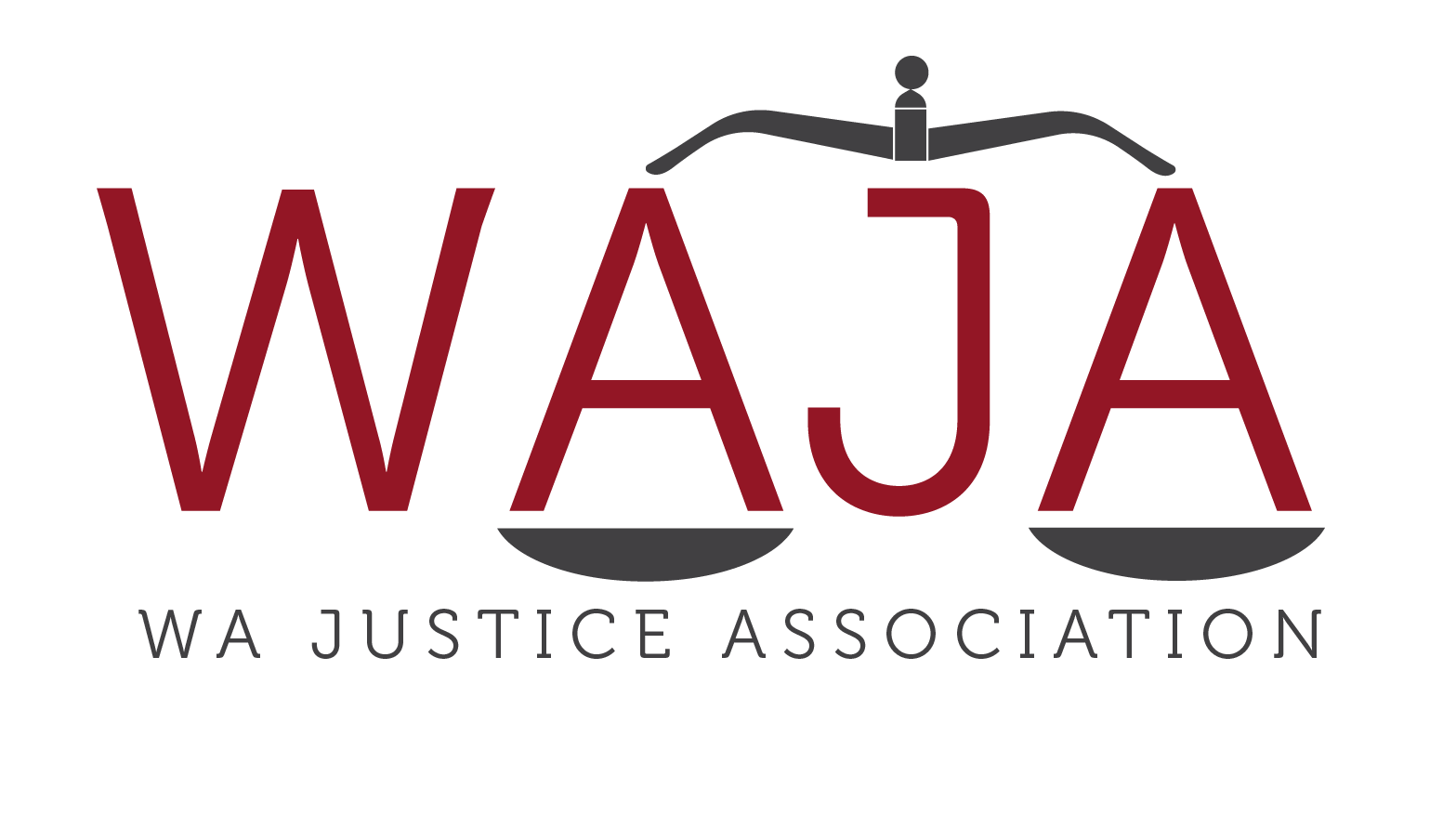Justice Delayed Is Justice Denied: Amending the Criminal Law (Mentally Impaired Accused) Act 1996 (WA)
WAJA recently published its Project Report: Justice Delayed is Justice Denied, outlining methods to strengthen the Criminal Law (Mentally Impaired Accused) Act 1996 (WA) (CLMIA Act) published. The report contained several recommendations to improve how the CLMIA Act assists people deemed unfit to stand trial.
It is expected that a Bill to amend the CLMIA Act will be soon tabled in parliament. As we await the Bill, WAJA provides four key recommendations, three of which can be included into the new Bill.
Recommendation 1: Abolishing Indefinite Detention
Following a custody order, a person has 28 days to instigate an appeal. After this period, an accused person deemed unfit to stand trial has no right to review or appeal a decision of the Mentally Impaired Accused Review Board and will be held indefinitely until it is determined they no longer pose a risk to the community.
WAJA recommends amending the CLMIA Act to remove all potential for indefinite detention, and adopting a model of detention with a definite period limit such as the models already implemented in the ACT and South Australia. This recommendation encourages not only hope but also procedural fairness to those who come into contact with the criminal justice system.
Recommendation 2: Reforming the Test for Fitness
The CLMIA Act uses a very strict definition of fitness to stand trial. To be fit to stand trial, the defendant must be able to understand the legal process and the evidence and make an adequate defence. This strict definition does not protect defendants – it is difficult to meet and means people with mild cognitive impairments are ruled unfit to stand trial.
WAJA recommends widening this definition under the CLMIA Act. Defendants should be ruled fit to stand trial if they are able to understand the decisions they will have to make as part of their trial (such as whether or not to plead guilty) and can communicate their decisions to their lawyer.
Recommendation 3: Judicial Discretion
The reformed CLMIA Act should provide Judges and Magistrates greater flexibility to:
determine the most appropriate and least restrictive resolution of the accused person’s case, taking into account both the safety of the community and the unique needs of the accused person;
decide on a reasonable period where the accused person can engage with support services to attempt to restore their fitness to stand trial; and
conduct a Special Hearing (if necessary) which provides a process to test the strength of the evidence against an accused who is deemed unfit to stand trial, as if the accused had entered a plea of not guilty.
Increased flexibility and discretion for Judges and Magistrates will reduce the pressure on places of custody as well as provide more appropriate, rehabilitation-focused solutions for an accused person who does not pose a severe risk to the community.
Part 2:
WAJA recommends granting the court flexibility to determine the most appropriate order which will balance community safety and the rights of the accused.
Currently, the court only has two options when deciding the disposition of a person deemed unfit to stand trial: to make an unconditional release order or to impose a custody order.
A middle ground between the two would be to enforce a community-based order, permitting an accused to continue their normal life at home with the support of family and friends whilst adhering to the rules of their specific order.
Recommendation 4: Creating a Centralised List
Regardless of whatever the Act will contain, legislative reform is only one step to achieving reform in this issue. Fitness to stand trial cases are complex, often involving many agencies such as government departments and treatment providers.
WAJA recommends creating a centralised case list for persons prosecuted under the Act. A centralised list allows relevant agencies and contacts to assist in an accused’s case and allows them access to person-centred, family sensitive and recovery focussed support.
With proper resourcing, this would allow for consistent, fair, and properly informed outcomes for an accused deemed unfit to stand trial under the Act.
Conclusion
WAJA looks forward to the tabling of the new legislation and the reform it will bring to this critical criminal justice issue.
For more information, WAJA’s report: Justice Delayed is Justice Denied is available on our website.

